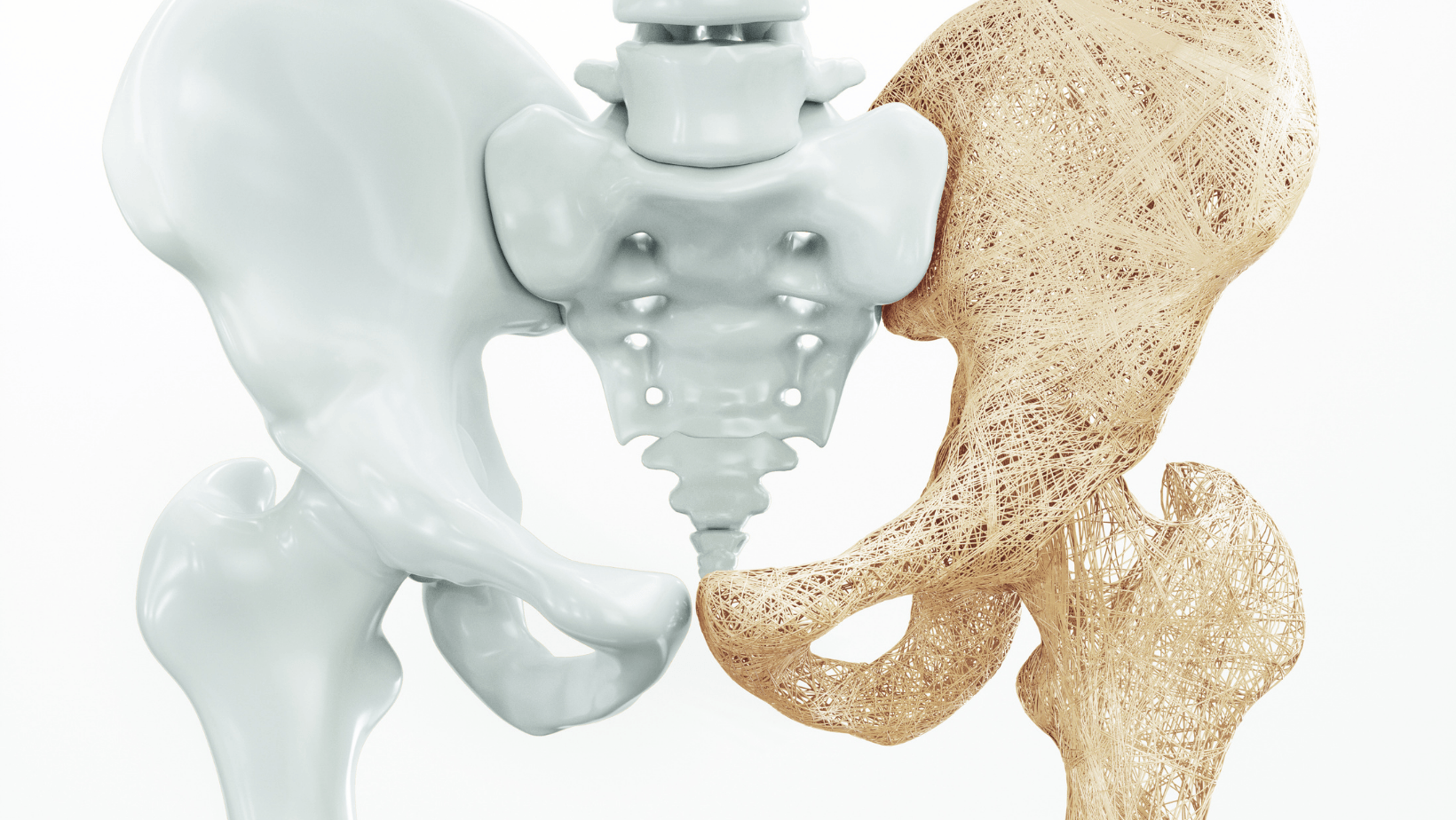Pneumonia
Pneumonia
Patient History:
A 35-year-old patient with pneumonia said: "It started by the winter, I had a cough, and my lungs began to hurt. I assumed it was a cold or maybe flu. But a friend convinced me that I needed to see a doctor.
After the examination, the doctor diagnosed me with viral pneumonia. He prescribed some medication like pain relievers and fever reducers and asked me to get some rest."
Definition of pneumonia:
Pneumonia: is an inflammation in the air sacs (alveoli) of the lung caused by infection, causing pus-filled alveoli leading to productive cough, difficulty breathing, and many other symptoms.
It can affect people of all ages, but children and older people are the most likely to be affected due to the weak immune system they would have.
Pneumonia is more likely to be caused by a bacterial infection. But viruses and fungi can also be the reason for this infection.
How much time does it last?
There is no specific time for recovery.
Mainly, it depends on the type of pneumonia and the person itself.
It may only take one week to recover in some people, and in others, it may take more than a month.
Symptoms:
Symptoms can be vary depending on the cause, age, immune system condition. These symptoms may include:
- Chest tightness – A discomfort or heaviness feeling in your chest.
- Cough – usually productive; its product can be purulent, mucoid and in some cases, it may be bloody
- Fever – often accompanied with chills
- Breath shortness – Medically known as dyspnea, which is the difficulty of getting enough air.
Other symptoms may include:
- Fatigue
- Appetite loss
- Nausea and vomiting
- Diarrhea
Causes:
There is a lot of causes that can cause pneumonia. Determine the infectious factor helps the doctor to choose the cure accurately
the leading causes often include
- Bactria – the most common bacteria that causes pneumonia is streptococcus pneumoniae. But chlamydia, Haemophilus influenza, and other types should always be in consideration.
- Viruses – cold and flu viruses are the most common in addition to the new coronavirus type or COVID-19
Other less common causes:
- Fungi - often affect the patient who has a chronic disease or a weakened immune system.
- Aspiration pneumonia, often because of food or vomit substances that are inhaled into the lungs.
Risk Factors:
- Young children less than two years
- Older people over 65 years
- Pollutant exposure
- Smoking and alcohol consumption
- Patient with respiratory conditions, like asthma
- Patient with a weak immune system or with a chemotherapy
When to see a doctor?
Pneumonia could be a life-threatening condition. So that patient should better watch out for his symptoms and take care of his health.
Call your doctor if:
- You have difficulty breathing with or without chest pain
- You have Persistent fever or persistent cough, especially with pus or blood
- You are at a high-risk group that is mentioned above.
Diagnosis:
Medical history and physical exams are as important as tests in diagnosing pneumonia.
A doctor usually Uses a stethoscope to hear the bubbling sound in your chest.
Lab tests. Especially blood tests are also essential to detect the inflammation and determine the infectious cause in the bacterial pneumonia case.
Diagnostic procedures. Like x-ray or CT scan are sometimes enough to diagnose pneumonia.
Pulse oximetry. It is often used to exclude hypoxemia.
Differential Diagnosis:
- Bronchitis
- Bronchiectasis
- Asthma
- Chronic obstructive pulmonary disease (COPD)
- Foreign body
- Respiratory failure
- Respiratory distress syndrome (RDS)
- Croup
- Epiglottitis
Management:
Mainly, well management depends on the type of pneumonia and the patient's health condition.
Viral pneumonia often improves with home remedies and getting enough rest, while bacterial pneumonia demands doctor-prescribed antibiotics that will affect the infectious factor.
And on the other hand, fungal pneumonia requires antifungal medications.
Patients classified in the high-risk group may need to be hospitalized or admitted to the intensive care unit (ICU), depending on how bad the condition is.
The patient at the (ICU) often gets oxygen therapy by a ventilator, and doctors will monitor his condition closely.
Finally, if you have any concerns about non-emergent health conditions, you may schedule a telemedicine consult with the Avicenna Health provider for an individualized consultation.
References:
- Mayoclinic.org
- Webmd.com
- Nhs.uk
- Medscape.com
- Medlineplus.gov













